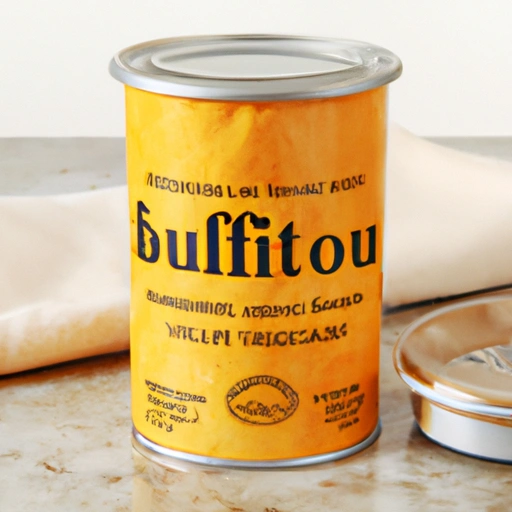Bouillon
Description

Bouillon is a dehydrated concentrate of broth that is widely used in cooking as a flavor enhancer and base for soups, stews, and sauces. It is available in various forms, including cubes, granules, and powders, and is made by simmering meat, poultry, seafood, or vegetables with herbs and spices until their flavors are extracted. The liquid is then dehydrated to create a concentrated product that can be easily stored and used in recipes. Bouillon can be found in many kitchens around the globe and is appreciated for its ability to impart deep, savory flavors to a wide range of dishes.
Common uses
Bouillon is commonly used as a flavor base for soups, stews, casseroles, and sauces. It's also used to enhance the flavor of rice, pasta, and vegetable dishes, and can be dissolved in hot water to create a warm and comforting broth. Bouillon cubes or granules are often used as a convenient substitute for homemade stock and can be an integral component in marinades and brines for meat and poultry.
Nutritional value
Calories
Bouillon typically contains a low number of calories, with a single cube or teaspoon of granules (about 4g or 0.14oz) having approximately 5 to 10 calories.
Protein
The protein content in bouillon is generally minimal, with less than 1 gram per serving.
Fat
Bouillon may have a small amount of fat, often less than 1 gram per serving, depending on the type of bouillon (meat-based, vegetable, etc.).
Carbohydrates
Carbohydrates in bouillon are usually low, with about 1 gram or less per serving.
Vitamins
While bouillon can contain some vitamins, particularly B vitamins from meat extracts, the amounts are typically not significant.
Minerals
Bouillon can be a source of minerals like sodium; however, the content can vary greatly depending on the brand and type.
Health benefits
While bouillon can add flavor without adding significant calories, it is not a substantial source of nutrients. However, when used in homemade soups and stews that are packed with vegetables and lean proteins, it can contribute to a nutritious and comforting meal.
Potential risks
Bouillon products often contain high levels of sodium, which can be a concern for individuals monitoring their salt intake. Additionally, some bouillon products may contain monosodium glutamate (MSG), gluten, or other additives that can cause reactions in sensitive individuals.
Common recipes
Recipes that commonly use bouillon include chicken noodle soup, beef stew, vegetable soup, risotto, and gravy. It is also used in the preparation of couscous, pilaf, and various braised dishes.
Cooking methods
Bouillon can be used in boiling, simmering, braising, and sautéing. It is often dissolved in hot water before being added to other ingredients, or it can be added directly to the pot in its dry form and mixed with cooking liquids.
Pairing with other ingredients
Bouillon pairs well with a myriad of ingredients, including rice, pasta, vegetables, and meats. It complements herbs and spices, and can be used to enhance the flavors of sauces and gravies.
Summary
Bouillon is a versatile and savory ingredient that is essential in any kitchen for creating rich, flavorful bases for a variety of dishes. From soups and stews to gravies and marinades, bouillon adds depth and enhances the natural flavors of ingredients. While it is convenient and tasty, attention should be paid to its sodium content and potential allergens when selecting and using bouillon products in cooking.